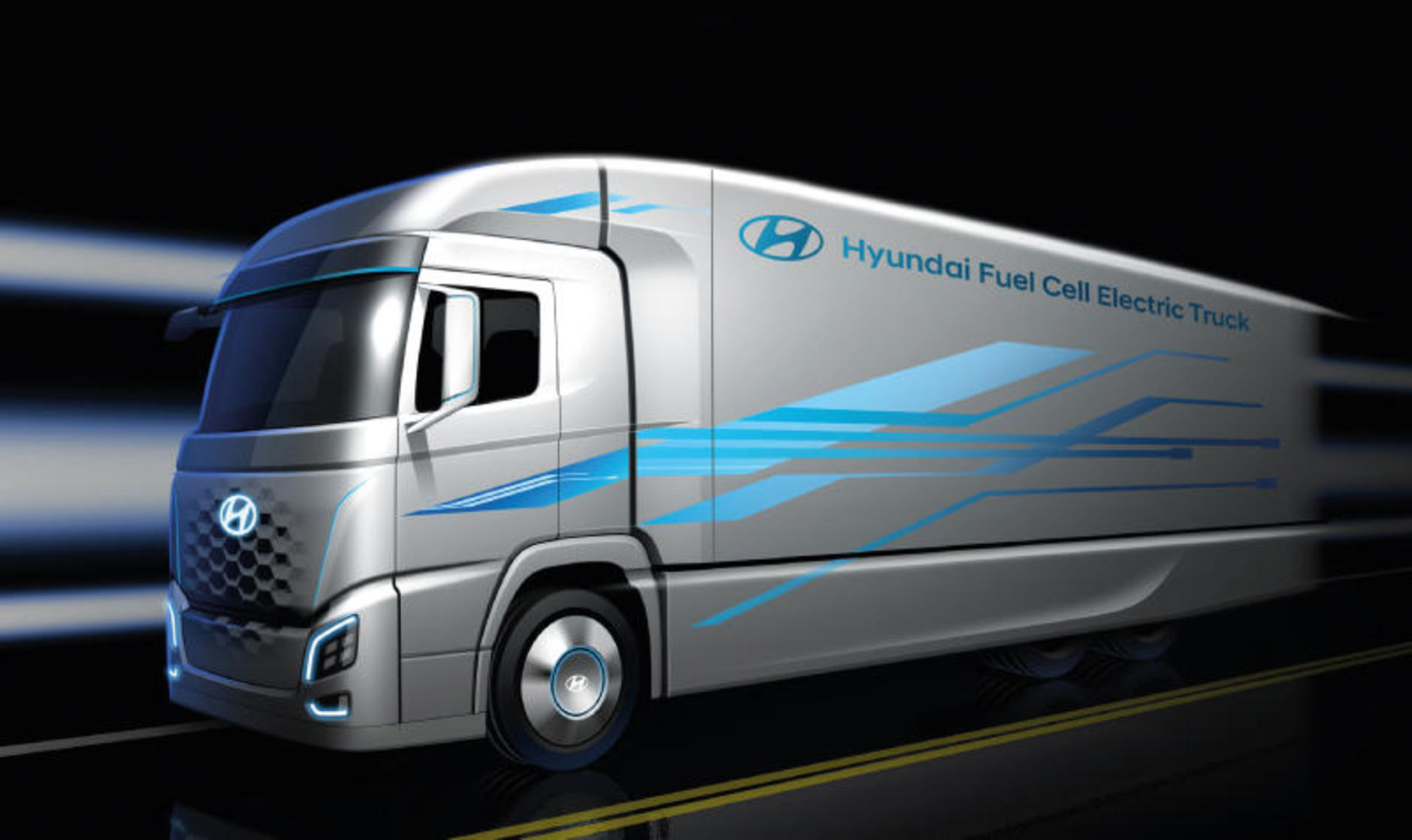Is hydrogen the fuel of the future?

31 July 2020
Is
hydrogen the fuel of the future?
Earlier this year, a
major deal was struck for a bulk gas distributor to transport hydrogen to the
capital, where Transport for London (TfL) will use it to power 20 hydrogen-fuelled double deckerbuses from September. It’s
a move seen as a big step for the UK’s hydrogen infrastructure and eventual
plans for net zero carbon emissions by 2050.
Yet, surely we cannot
achieve carbon neutrality on our roads unless the vehicles transporting the
hydrogen – and those shipping any other goods – are still powered by fossil
fuels. Could hydrogen fuel cells become the driving force behind the bulk
logistics sector? Here we weigh up the viability of hydrogen as a fuel for bulk
logistics operations.

Hydrogen infrastructure around the
world
Aside from cost, one
of the biggest challenges to bulk logistics hydrogen fuel adoption is a lack of
fuelling infrastructure on our roads. As a type of electric vehicle, hydrogen
fuel cell vehicles (FCEVs) run on electricity generated by compressed hydrogen
fuel cells, rather than a traditional battery, and these cells require specific
hydrogen fuelling points.
Progress on hydrogen
fuelling networks is starting to be made though. While it’s still early days
for hydrogen as a fuel, several countries are starting to invest significantly
in building national hydrogen infrastructures. China, USA, Japan and Germany
have all pledged to create networks of hydrogen fuel cell stations, while in
the Netherlands, a natural gas company aims to build the world’s first hydrogen grid by 2028. In Germany,
a country leading the way on hydrogen
fuel, there are plans for enough H2 fuelling stations to charge 60,000 fuel cell vehicles by the end of 2021, and work has started on a ‘hydrogen corridor’ for fuel cell trucks to travel through
Germany, Belgium and the Netherlands.
The UK’s current investment in
hydrogen fuel
Here in the UK,
contracts such as the TfL example above are paving the way for investment in
hydrogen, but there’s still a long way to go. The government has earmarked
funds to build two hydrogen production plants, one in Merseyside and one in Aberdeenshire,
but as far as H2 fuelling stations go, there are still fewer than 20 nationwide. That’s in stark contrast to electric vehicle (EV)
charging points, which now number around 30,000 and rising.
We have taken
significant steps towards creating an electric vehicle transport
infrastructure, which is undoubtedly a good thing for environmental
sustainability overall, but it hasn’t (as yet) benefitted the bulk logistics
industry. Due to limits around battery capacity and range of current EV
technology, the feasibility of battery-powered HGVs is still uncertain. Many
doubt whether EV tech is cut out to meet the demands of bulk operations.
Thanks to the high
energy density of hydrogen (approximately 120 MJ/kg, almost three times that of
diesel or petrol), there would be no such issues with hydrogen fuel cells, but
of course, investment in the infrastructure is not yet there. Some experts
believe the key to creating this is to build a wider ‘hydrogen economy’, in
which it powers not only vehicles, but homes and businesses too. This way, a
national hydrogen grid would become a viable option.
Hydrogen as a fuel for bulk logistics
As we’ve mentioned,
hydrogen is well suited to fuelling large, heavy duty vehicles like HGVs. Its
density means large vehicles can run for hundreds of miles on a single charge
and it takes just 10 minutes to refuel. It’s also extremely efficient; whereas
half the energy generated by a traditional combustion engine is wasted as heat,
electric drivetrains used by hydrogen-powered vehicle lose just 10 per cent.
Hydrogen truck manufacturers claim their vehicles achieve the equivalent of 12-15mpg.
It sounds ideal, even
the H2 refuelling experience would be very similar to what HGV drivers are used
to now in terms of the actions and time it takes; hydrogen gas can be pumped
into a vehicle just like diesel. What’s more, hydrogen fuel cells are lighter
than electric batteries, but offer the same high torque with better
acceleration.
That said, hydrogen is
still far more expensive than diesel or electric, if you can find somewhere to
refuel in the first place. Its price is expected to fall over time, but of
course this depends on the creation of more hydrogen plants and refuelling
stations at which to distribute it.
The lack of
infrastructure has meant vehicle manufacturers have been slow to invest in the
technology, although that is starting to change. Hyundai hopes to roll out
500,000 passenger and commercial hydrogen vehicles by 2030, and US-based
manufacturer Nikola has partnered with CNH Industrial (IVECO’s parent company)
with the aim of having H2 trucks in showrooms within two years. However, rather than buying
a whole new hydrogen fleet, it could be that bulk logistics firms will be able
to lease vehicles with fuel included, at least at first.
All in all, moving
towards hydrogen for bulk logistics feels like a bit of a chicken and egg
situation, with each barrier to adoption linked to the next. It’s likely that
we’ll see this begin to change as we have done with EV adoption, and this can
only be good news for the bulk logistics sector. With pressure to remove diesel
HGVs from our roads, time will tell if hydrogen can be the hero alternative
fuel source it promises to be.
To find out more about
our digital optimisation solutions for bulk logistics, please get in touch.